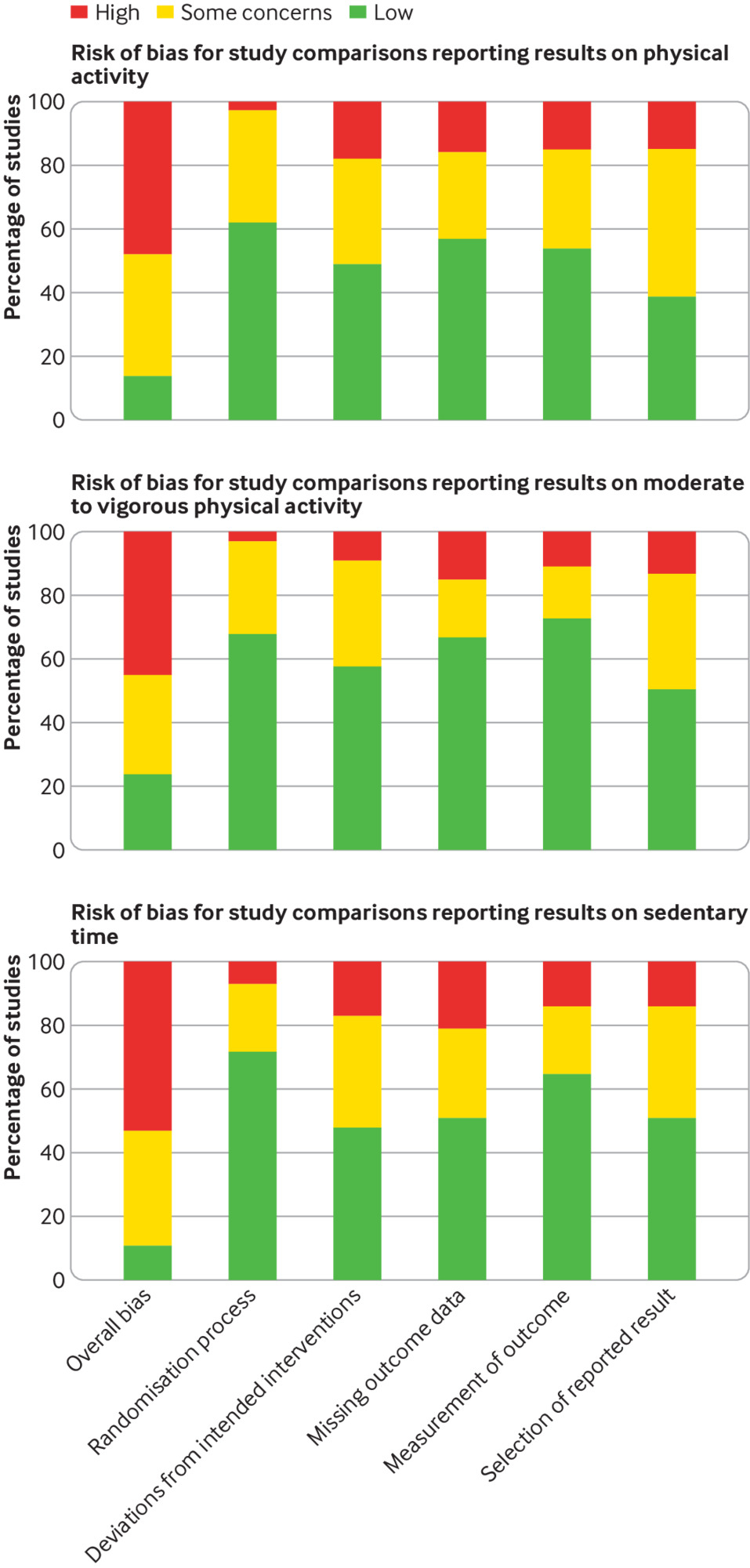Bipolar disorder causes severe mood swings, with a person usually experiencing episodes of both depression and mania. While living with this mental health condition can be challenging, certain lifestyle adjustments can help a person feel more in control.
The early diagnosis of bipolar disorder can help a person live a more fulfilling life, since they can start treatment faster. The medical community divides bipolar disorder into three main categories, with a fourth for unspecified diagnoses. The categories are:
In addition to their medical treatment, a person may make some lifestyle adjustments to help them cope with their symptoms.
A person living with bipolar disorder will need continuous, lifelong care, but effective symptom treatment is possible.
People can take certain steps to improve their overall health and reduce the symptoms associated with bipolar disorder or other comorbid conditions. These steps include:
People living with bipolar disorder will respond differently to lifestyle changes. What works for one person may not be effective for another. It is important for a person to find what works best for them.
It is also important to take medication exactly as the prescription specifies. A person should not stop taking medication if they start to feel better. This is just an indication that the treatment is working well for them.
When treatment begins, many people living with bipolar disorder find that they can effectively manage their symptoms with a combination of therapies and lifestyle adjustments.
However, bipolar disorder can be a challenging condition to diagnose. Healthcare professionals misdiagnose approximately 7 out of 10 people who live with bipolar disorder at least once.
Misdiagnosis can be problematic. Experts point out that doctors need to accurately identify the disorder and a person’s mood to establish an appropriate treatment plan. The treatment approach varies greatly depending on whether a person experiences hypomania, mania, depression or mood disorders, known as euthymia.
According to the Depression and Bipolar Support Alliance (DBSA), the short answer is “yes” – a person living with bipolar disorder can find happiness in life.
However, the long answer is more complicated, and there is a reason why this question arises.
A person who has experienced a disturbing mania episode may become anxious when they feel happy, worried that happiness may lead to a manic episode. Because of this, they may feel that they can not be happy.
DBSA recommends that instead of focusing on happiness as a warning, a person should find out their own personal triggers for a manic episode. That way, they can feel safer when they experience happiness and look for more specific signs, such as racing thoughts, that may indicate mania.
Finally, medications for bipolar disorder can make a person feel flat or dull. The goal of treatment is not to make a person feel anything. If this happens, a person should notify the prescribing physician so that they can make treatment adjustments.
People living with bipolar disorder should try to avoid stress as much as possible. A person may find that certain stressful events trigger mania or depression. Possible triggers include:
A person should also try to identify other triggers, which they can do by using a life log or chart to record theirs:
Once they have determined factors that trigger episodes of mania or depression, they can discuss these with a healthcare professional. Healthcare professionals can work with the person to create a plan to avoid these triggers.
Lifestyle changes can help some people deal with bipolar disorder. But even if a person feels better, they should continue with the treatment to ensure continued success.
Linking lifestyle adjustments with treatment can boost a person’s mood, help them avoid or limit triggers, and allow them to live a generally healthier and happier life.


